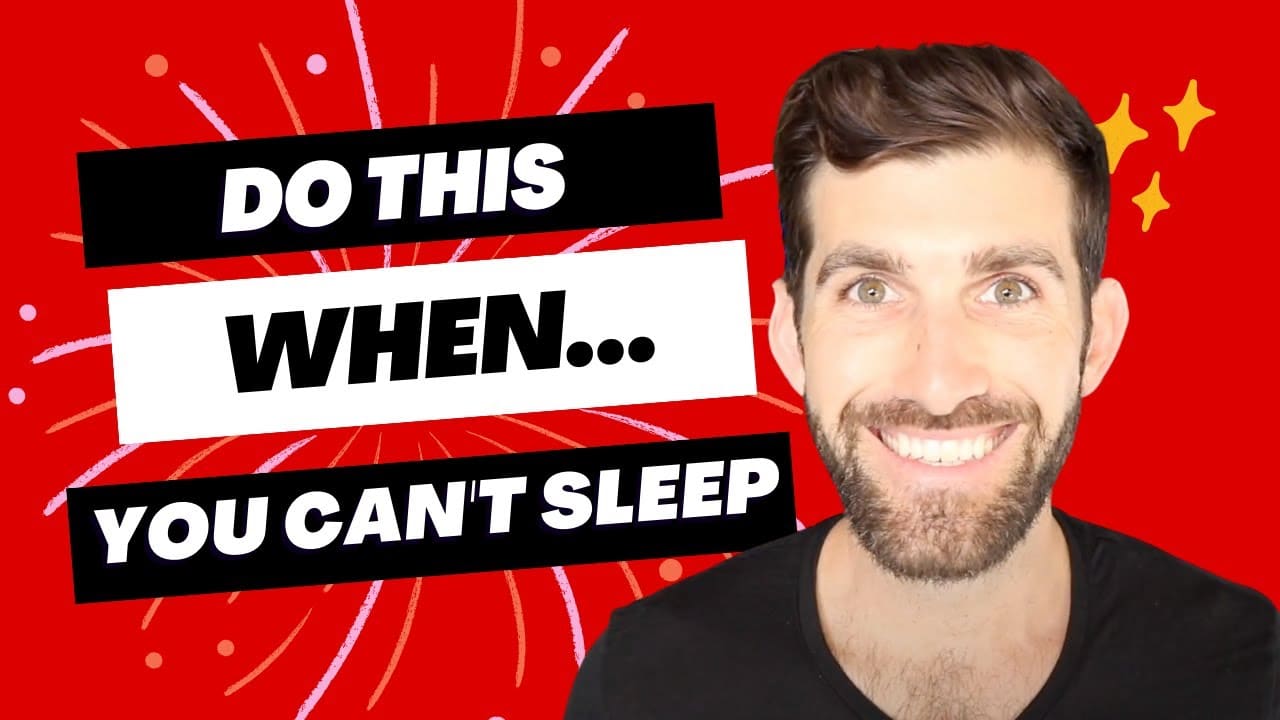How to Sleep When Your Mind is Racing
Struggling to sleep because your mind won’t stop racing? You’re not alone. Sleepless nights happen to everyone now and then, but when they become frequent, they can be incredibly frustrating. Fortunately, there are proven strategies to help. If you’ve ever wondered how to sleep when your mind is racing, this guide will walk you through five … Read More


